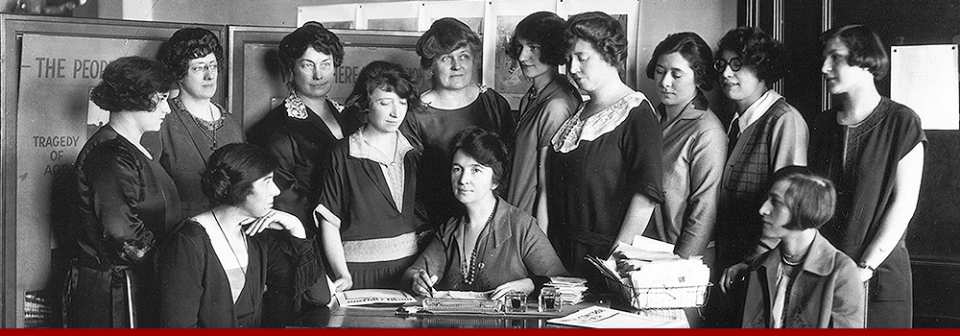In a recent editorial titled “The Awkward History of Americans Talking About  Contraception,” The Atlantic, August 23, 2012 (http://www.theatlantic.com/health/archive/2012/08/the-awkward-history-of-americans-talking-about-contraception/261491/) Lindsay Shipman writes, “”Although the health of women and children were also a priority, a lot of what [Margaret] Sanger and her followers were talking about when they referred to “birth control” is deeply disturbing by today’s standards: they believed that certain populations — specifically minorities and the poor — should be kept from proliferating. Considering its strong eugenic undertones, it’s surprising that the term is still so widely used.”
Contraception,” The Atlantic, August 23, 2012 (http://www.theatlantic.com/health/archive/2012/08/the-awkward-history-of-americans-talking-about-contraception/261491/) Lindsay Shipman writes, “”Although the health of women and children were also a priority, a lot of what [Margaret] Sanger and her followers were talking about when they referred to “birth control” is deeply disturbing by today’s standards: they believed that certain populations — specifically minorities and the poor — should be kept from proliferating. Considering its strong eugenic undertones, it’s surprising that the term is still so widely used.”
Once again, Sanger’s words and meaning are being misread and misinterpreted. She did not aim to eliminate or reduce the birth rates of minorities or the poor. While she supported some aspects of eugenics when it came to improving health and strengthening the human race, her goal remained, first and foremost, to give all women the same freedom and autonomy enjoyed by men. “Feminists,” she wrote in her 1938 autobiography (pp. 107-8), were trying to free women “from the new economic ideology but were doing nothing to free her from her biological subservience to man, which was the true cause of her enslavement.”
Sanger’s launched the movement in 1914 to give women that freedom, but the new movement needed a new name. As she and her colleagues sat around sifting through various options, she recalled, she found that the terms already in use — Neo-Malthusianism, Family Limitation, and Conscious Generation seemed stuffy and lacked popular appeal.” She didn’t mind the word “control” but found the term “limitation” too narrow. She wrote, “my idea of control was bigger and freer.” Sanger wanted each woman to have the freedom to make her own choices and decisions. So they came up with the phrase “birth control.” That settled it–“the baby” as she dubbed the new movement “was named.”
